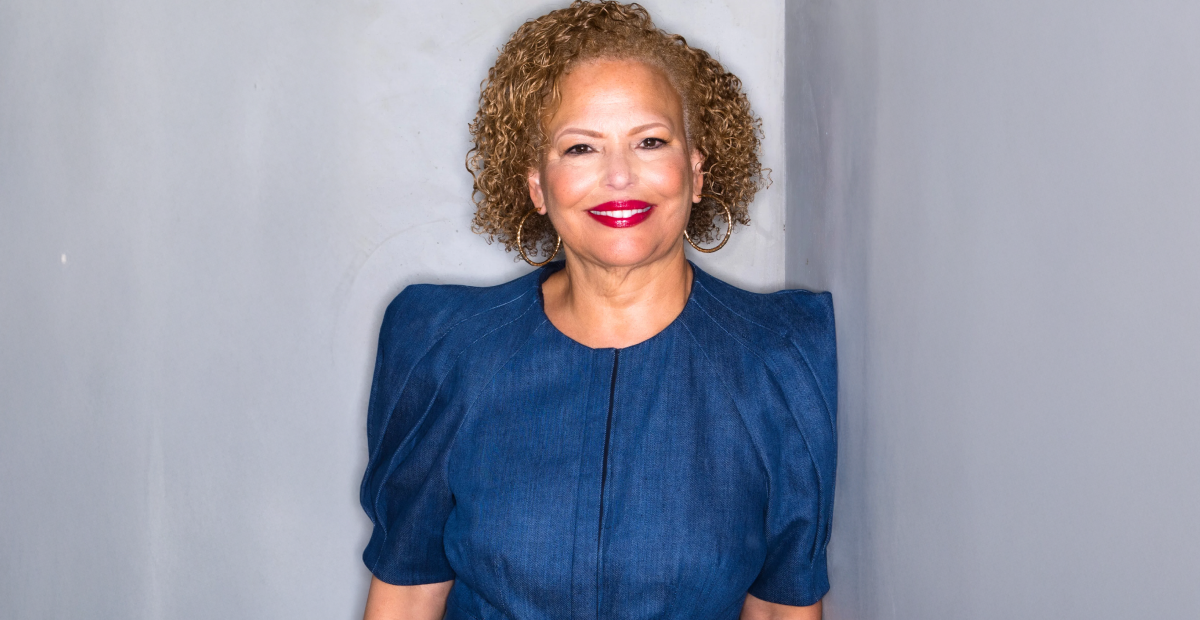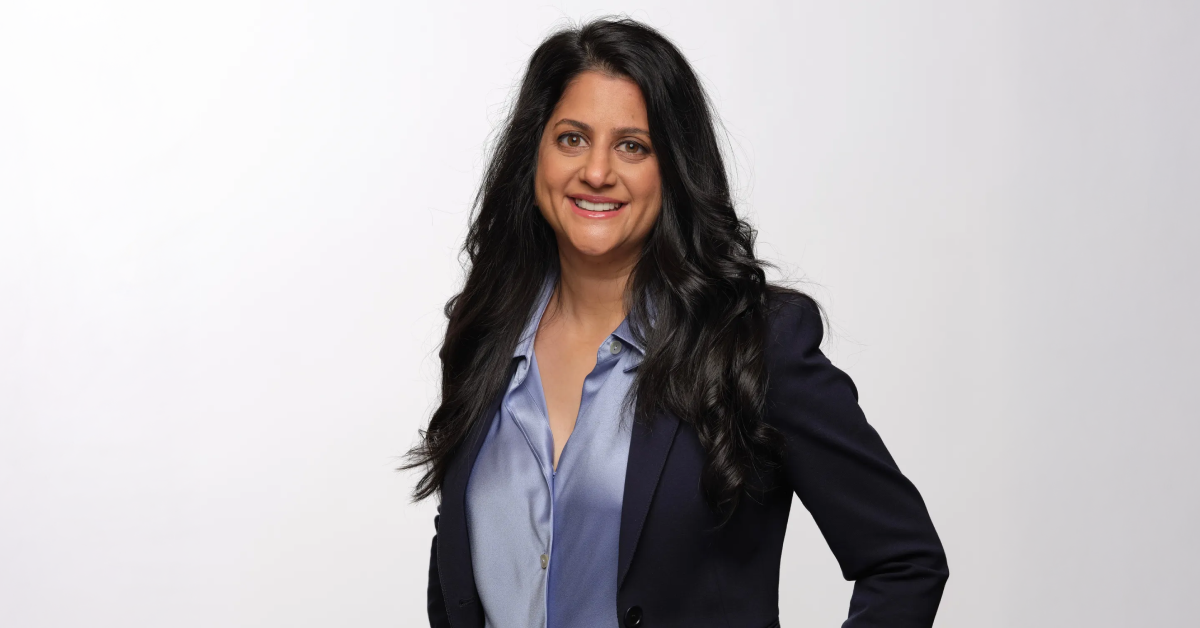From investment banker, to research analyst, to CEO, CFO, and now CEO again, Sallie Krawcheck knows all about navigating career changes — and the perseverance needed to bounce back after setbacks.
Krawcheck, who now is the Founder and CEO of the investment platform Ellevest, has been let go from big roles not once but twice in her career. “I got ousted from my job running the wealth management business at Citi in a little bit of a dust-up with the new CEO of the place,” she said on Chief’s podcast, “The New Rules of Business." “And when I was running Merrill, I got managed out of Bank of America after we had completed the turnaround. The glass cliff was no longer glass. I guess it was steel. Someone who didn't look a lot like me was given that opportunity. [Those losses] were heartbreaking.”
While a job loss can be upsetting for anyone, it’s downright devastating for leaders who are already at the top of their game and who must navigate a career transition so far into their professional journey. If anyone has advice for skillfully surviving these setbacks, it’s Krawcheck, who has perfected the recipe for turning losses into lessons.
Krawcheck, who was once dubbed “the most powerful woman on Wall Street,” is serving as a judge for Chief’s The New Era of Leadership Awards, and in honor of her own outstanding leadership, we’re revisiting her best tips for bouncing back, below.
1. Mourn quickly and move on.
Krawcheck advises executives to give themselves a limited amount of time to mourn their loss before taking proactive steps to rebound and move forward.
“I love to joke that I give myself a day. I drink heavily. I wallow. I feel self-pity. I read the nice emails people send me, and then I pick myself up and dust myself off,” she says. “I very quickly try to figure out what lessons exist. Two days after I was ousted from running Merrill, I called members of the Bank of America board and said, ‘Thank you for the opportunity. What could I have done better? Where did this go wrong?’”
In some cases, Krawcheck says, there is nothing that actually went wrong, and there isn’t a real lesson to learn, as you may have been a casualty of company restructuring or worked for a biased boss who had no intentions of promoting you in the first place. “And this happens more than we like to admit,” she says.
2. Don’t lose sight of your goals.
In situations that are out of her control, Krawcheck says she likes to write down, “What is my ideal role? What do I want my life to look like? When I'm on my deathbed, what will I feel proud of? What will I regret not doing? What will I wish my life had been?”
From there, she reaches out to her personal board of directors and asks them, “What would you do if you were me?” Often, those answers guide her to her next step.
“Before starting Ellevest, there was a little theme,” she says. “People would talk to me about an invest-tech company or wealth company, and I could feel my pulse pick up a little.”
3. Trust yourself.
Krawcheck faced a lot of criticism when launching Ellevest from people who didn’t believe in her vision or entrepreneurial capabilities, but the CEO says she never doubted herself. “I don’t do imposter syndrome, and none of us should,” Krawcheck said at the first-ever ChiefX conference. “I just figured, this is figure-outable. I’ve just got to surround myself with the right people, not be scared of failing, not be scared of being out there, and if need be, failing in public.”
Krawcheck’s fearlessness has paid off. Ellevest has become one of the biggest investment platforms for women. Today, her company has a community of over three million and roughly $2 billion in assets under management.
“My biggest mistake is not recognizing the power of compounding and the ability for it to build wealth, and therefore, not investing early enough,” she says. “To me, if there is one thing that can change our society, our economy, and the world, it is getting more money in the hands of women, because nothing bad happens when women have more money.”



